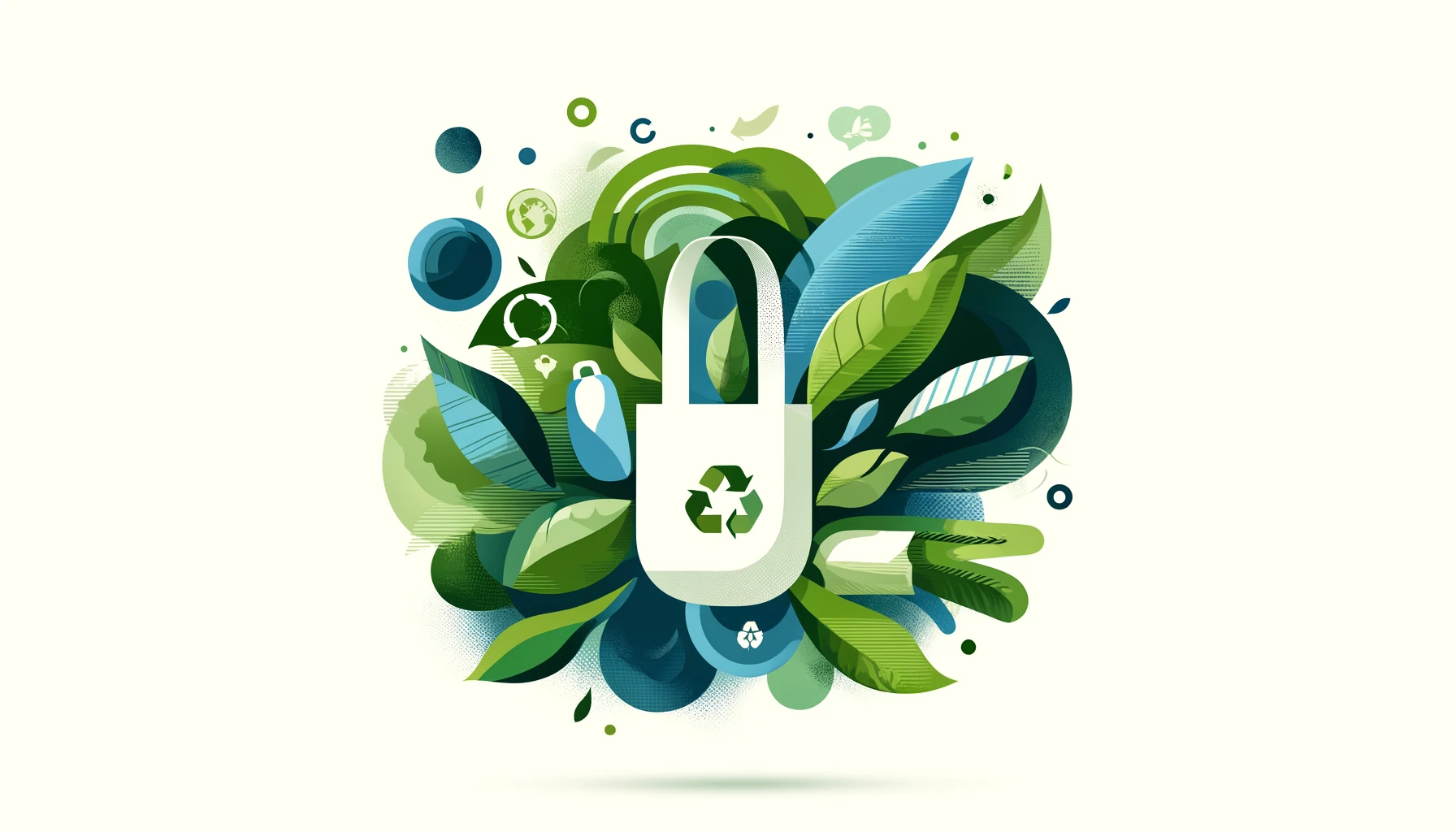
- This event has passed.
International Plastic Bag Free Day
July 3

International Plastic Bag Free Day, celebrated on July 3rd, serves as a global initiative aimed at raising awareness about the severe environmental consequences of single-use plastic bags. This day encourages individuals, communities, and governments worldwide to take decisive steps toward reducing and eventually eliminating the use of plastic bags. The goal is to emphasize the alternatives that can help preserve natural landscapes and protect wildlife, which are often severely affected by plastic pollution.
The commemoration of this day is crucial as it highlights the broader issue of plastic waste in our environment. It’s not just about removing plastic bags from our shopping routines; it’s about fostering a culture of sustainability and responsible consumption. Actions taken on this day ripple throughout the year, influencing policies and consumer habits on a global scale.
The Problem with Plastic Bags
Globally, it’s estimated that we use over one trillion plastic bags each year. This staggering number comes with an equally large cost to the environment. Plastic bags are among the top items of debris found in coastal cleanups, posing a severe threat to marine and land ecosystems. These bags can take up to 1,000 years to decompose, during which time they can release toxic substances into the soil and waterways.
The impact on wildlife is particularly devastating. Animals, both on land and in water, can mistake plastic bag fragments for food, leading to ingestion that can be fatal. Additionally, plastic bags clog drainage systems, exacerbate natural disasters, and spoil the natural beauty of our landscapes. The persistent nature of plastic ensures that the problem only worsens with time unless significant actions are taken.
Success Stories from Around the World
Around the globe, numerous success stories demonstrate the positive impact of reducing plastic bag usage. For instance, Rwanda banned plastic bags completely in 2008, and today, it is one of the cleanest nations globally. This has not only improved local environmental conditions but also fostered a culture of innovation and sustainability, leading to the development of alternative bagging materials.
Similarly, in 2011, Italy became the first European country to ban plastic bags, which significantly reduced the litter found along its famous coastlines and tourist sites. These examples show that change is possible and effective with concerted effort and legislative support. They serve as inspiring models for other countries and communities aiming to tackle the issue of plastic pollution.
How to Participate in International Plastic Bag Free Day
Individuals can make a significant impact on International Plastic Bag Free Day by choosing to refuse plastic bags and opting for reusable alternatives. Starting with small, everyday actions, such as bringing your own bags to grocery stores, can lead to substantial environmental benefits. Communities can organize clean-up drives, educational workshops, and public art projects using recycled materials to spread awareness.
Schools and local organizations can play pivotal roles by integrating environmental education into their curricula and hosting events that highlight the importance of reducing plastic waste. The engagement at various levels fosters a collective effort that amplifies the message and effectiveness of the campaign against plastic bags.
The Future Without Plastic Bags
Imagining a future without plastic bags is not only optimistic but increasingly feasible. Innovations in biodegradable and compostable alternatives are gaining ground, offering practical options for consumers and businesses alike. Governments are also stepping up by enacting stricter regulations on plastic manufacture and use, reflecting growing public and political will to tackle the plastic crisis.
This forward momentum is crucial for the health of our planet. As more people and policymakers recognize the benefits of living without plastic bags, the implementation of these alternatives will likely become more widespread. The transition to a plastic-free future will benefit ecosystems, improve biodiversity, and contribute to the overall health of our global environment.
Author’s Opinion
The fight against plastic bags is not just about environmental activism; it’s about ensuring a sustainable future for the next generations. Each step we take towards eliminating plastic bags is a step towards a cleaner, healthier planet. It’s imperative that we all participate, whether by making small changes in our daily lives or supporting larger community efforts. The success stories from around the world are clear indicators that change is possible and beneficial.
10 Wishes for International Plastic Bag Free Day
- May communities around the world embrace the challenge of living plastic-free, not just today but every day.
- Wishing for innovative alternatives to plastic bags to become more accessible and affordable for everyone.
- May this day inspire more countries to implement strict bans on plastic bags and protect our natural habitats.
- Wishing that every individual takes a moment to consider the long-term impact of using plastic bags on our environment.
- May schools and educational institutions worldwide prioritize sustainability and teach the importance of reducing plastic waste.
- Wishing for cleaner oceans and healthier wildlife as more people say no to plastic bags.
- May every shopping trip be an opportunity to practice sustainability by choosing reusable bags.
- Wishing for strong community initiatives to emerge, leading the charge against plastic pollution.
- May today be a turning point in our global commitment to reduce plastic waste and foster a culture of recycling.
- Wishing for a global movement that transforms our approach to consumption and waste, starting with the abolition of plastic bags.
10 Unusual Facts About Plastic Bags
- A single plastic bag can take up to 1,000 years to decompose completely.
- Less than 1% of plastic bags are recycled worldwide — most end up in landfills or as litter.
- Plastic bags are one of the top five items found in coastline clean-ups.
- The first plastic sandwich bags were introduced in 1957.
- Several animal species, including sea turtles and whales, have been found with plastic bags in their stomachs.
- In some parts of the world, plastic bags are so prevalent they have been dubbed the “national flower.”
- It takes about 12 million barrels of oil to produce the amount of plastic carry bags the U.S. uses per year.
- Ireland was the first country to introduce a tax on plastic bags in 2002, which led to a 90% reduction in their use.
- Plastic bags have been found floating near the North Pole.
- Bangladesh was one of the first countries to ban plastic bags, in 2002, after it was found they played a major role in clogging drainage systems during devastating floods.




